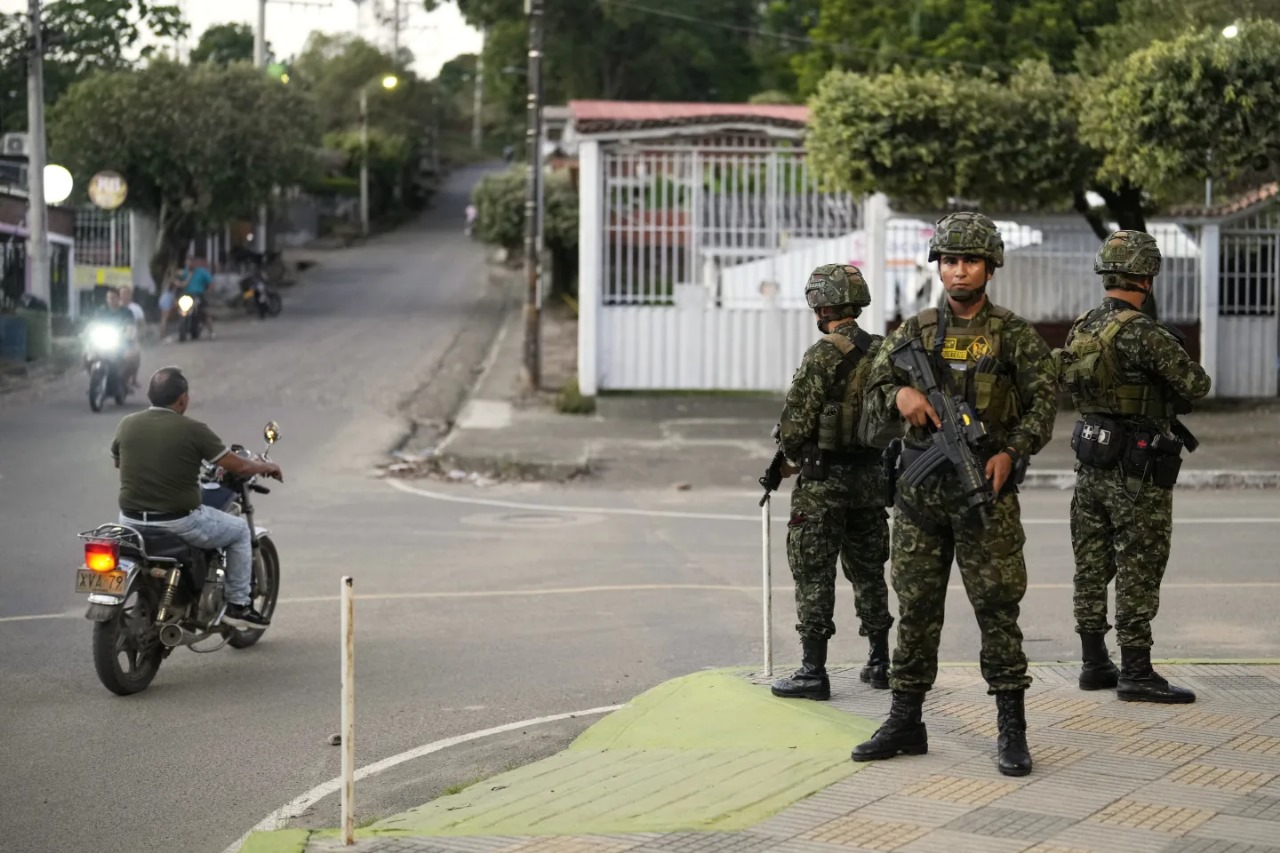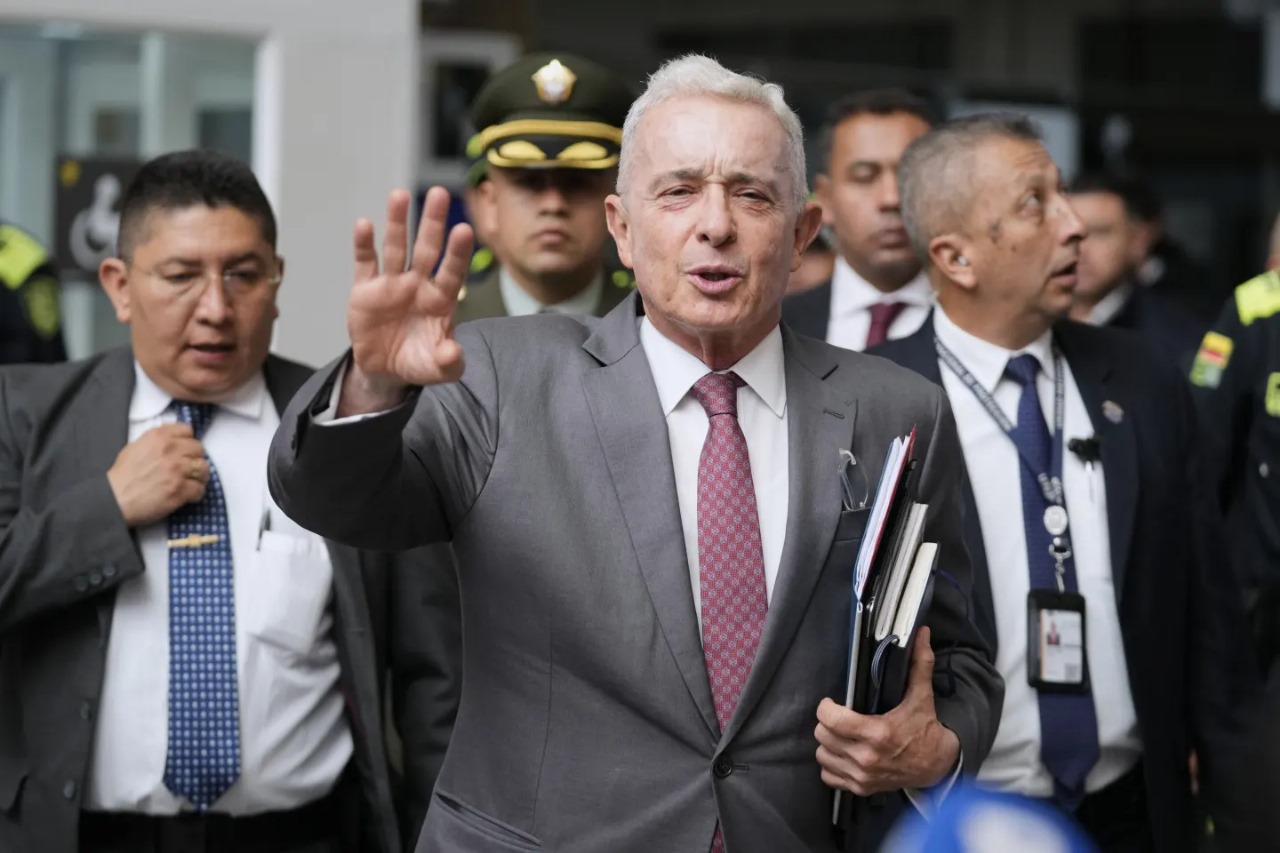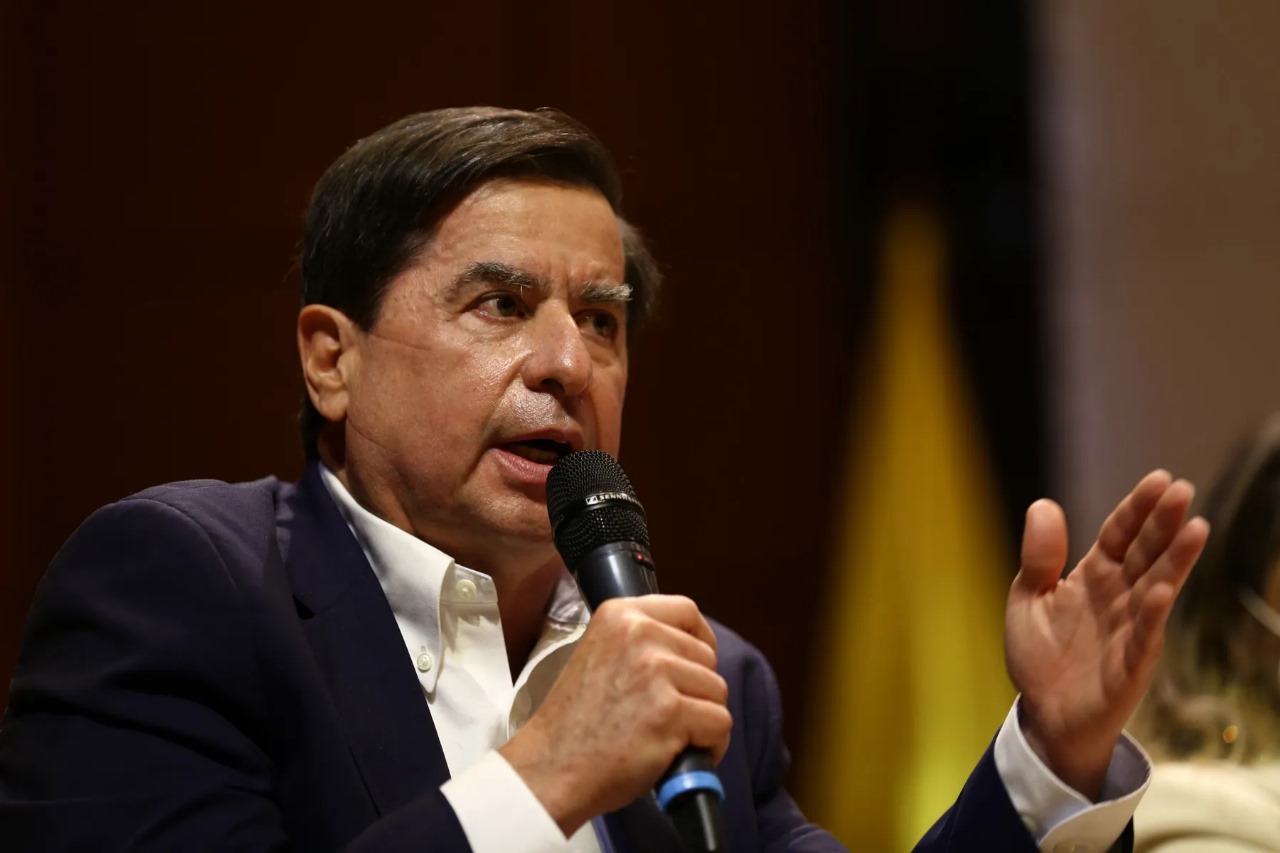Colombian President Gustavo Petro announced on Monday that he will declare a state of emergency in response to a surge in guerrilla attacks in the northeast, which have killed dozens and forced thousands to flee their homes.
In a statement on X, Petro said he would invoke a "state of internal commotion," a measure that allows the executive branch to pass certain laws without congressional approval for up to three months. The decree will take effect once signed by the president and his Cabinet, though it can still be overturned by Colombia’s Constitutional Court.
Similar emergency measures were used in the early 2000s under then-President Álvaro Uribe to increase military funding through a special war tax. However, according to Colombia’s constitution, such measures cannot be used to suspend Congress or curtail civil rights. “I hope the judicial system supports us,” Petro wrote on X.
Escalating Conflict with the ELN
Earlier on Monday, Petro warned that Colombia’s military would take offensive action against the National Liberation Army (ELN) after the group launched a wave of attacks in the Catatumbo region, resulting in at least 80 deaths.
Petro, who was once a member of a guerrilla group in his youth, initiated peace talks with the ELN in 2022, pledging during his campaign that he could demobilize the rebels within three months of taking office. However, negotiations have stalled due to disagreements over the disarmament process and proposed economic reforms.
The ELN has continued to kidnap civilians and extort businesses, further straining relations with the government. Petro accused the group of shifting toward drug trafficking, comparing its violent tactics to those of Pablo Escobar, the infamous cartel leader known for bombing government buildings and using hitmen to eliminate rivals.
On Friday, Petro suspended negotiations with the ELN following escalating violence in Catatumbo, a critical coca-growing region along the Venezuelan border.
Reports indicate that ELN fighters targeted civilians they accused of collaborating with the rival FARC-EMC, forcibly removing them from their homes and executing them in the streets. Clashes between the ELN and FARC-EMC also erupted in rural areas, further destabilizing local communities.
In a statement on Monday, ELN leader Antonio García denied that his group deliberately targets civilians, claiming instead that they were pursuing former rebel fighters who had aligned with FARC-EMC.
Humanitarian Crisis in Catatumbo
Over the weekend, thousands of civilians fled Catatumbo, including community leaders and former members of the Revolutionary Armed Forces of Colombia (FARC) who had demobilized under the 2016 peace agreement but are now being targeted by the ELN.
The United Nations Office for the Coordination of Humanitarian Affairs in Colombia reported on Monday that the latest wave of violence has displaced 18,300 people, many of whom are now staying in shelters and hotels in Tibú, Ocaña, and Cúcuta. Officials warn that the situation is rapidly escalating into a humanitarian crisis.
Sandra Tijaro, a farmer from northeastern Colombia, described the growing fear in rural areas. She fled her village on Friday after armed men arrived and ordered everyone to leave. Now, she and her children are staying in a shelter in Tibú.
“We want the armed groups to think about the welfare of rural people,” she said. “We are hard-working people who always end up suffering the most in this conflict.”
A Fragile Peace and Rising Violence
The 2016 peace agreement between the Colombian government and FARC led to the demobilization of 11,000 fighters. However, it also created a power vacuum in rural areas, allowing smaller rebel factions like the ELN and FARC-EMC to expand their influence.
Despite government efforts, violence against civilians continues to rise, with armed groups fighting for control over key territories. As the government prepares for military action, Colombia faces yet another crucial test in its long struggle for peace.



